Illinois Humidity vs. Insulation: How Each Type Holds Up
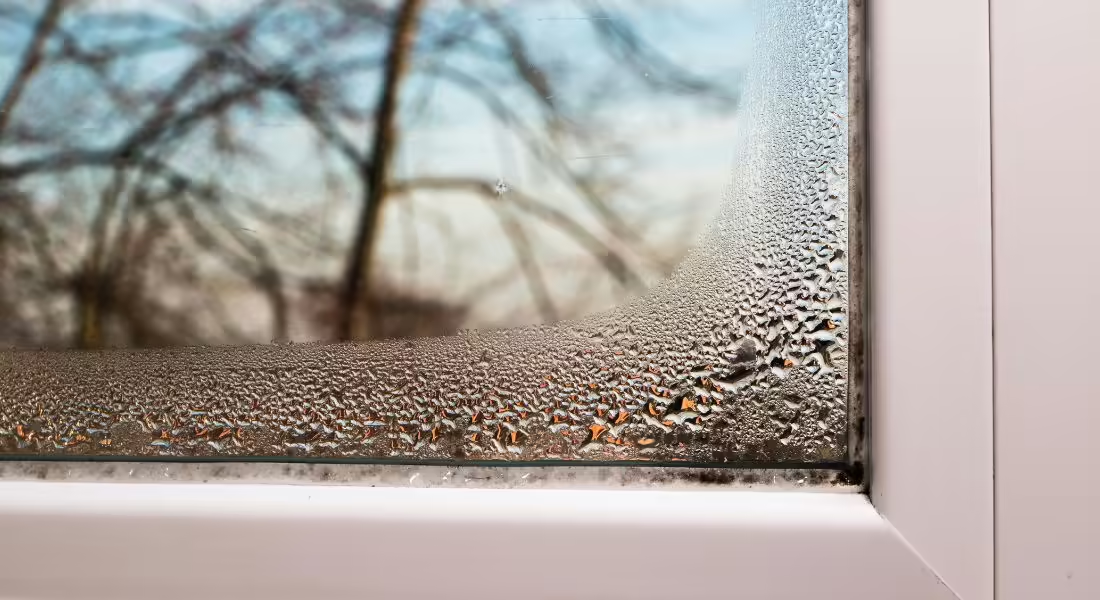
Anyone who lives in Illinois understands that this state’s humidity can be brutal during the summer. Some days it feels like you can’t take a deep breath. It’s rough.
Does your home’s insulation have what it takes to protect against intense humidity? Continue reading to learn more about how different insulation types hold up against Illinois humidity.
Fiberglass Insulation
Fiberglass insulation is probably the material you think of when anyone brings up insulation. Its soft, fluffy texture comes from recycled sand and other materials. Many homeowners across the country use fiberglass to insulate, but how does it hold up in a climate that experiences intense humidity?
Fiberglass does a good job against humidity. It’s an effective weapon against mold damage and moisture, which are issues for homes in Illinois. It doesn’t absorb or hold water, nor will it deteriorate from prolonged moisture exposure.
Spray Foam Insulation
Spray foam insulation is a viable solution for homeowners living in humid climates, such as Illinois. Close-cell spray foam insulation is waterproof and prevents excessive moisture from permeating the home.
This insulation fills the nooks and crannies, expanding as it dries. It creates an almost impenetrable barrier for the outside elements. With spray foam insulation, you can relax knowing your home is mold and mildew free.
It’s important to note that you should always leave spray foam insulation installation to the professionals. If you need a spray foam insulation company in Crystal Lake, trust Paragon Protection. We understand the climate of the Illinois region, which is why we’ll focus on making your home comfortable with our product.
Cellulose Insulation
Cellulose insulation may be the budget-friendly type, but it will not do you any good against hot, humid Illinois summers. There are a few considerable downsides to this common insulation type. The first disadvantage is that it absorbs moisture from the air, and moist environments produce a lot of water. The more moisture in the air, the more cellulose insulation will absorb.
The other drawback is durability. You’ll only have around 15 years before the insulation begins to deteriorate, and you’ll need to install new insulation. Plus, living in a humid region will cause the insulation to decline quicker.
Adding the right insulation type to hold up against the Illinois humidity is crucial for every homeowner in this state. Your home will be comfortable all season long, and you can enjoy lower energy bills because the insulation works properly.

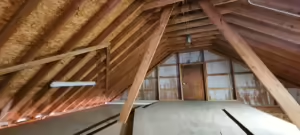
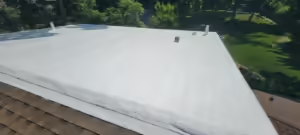
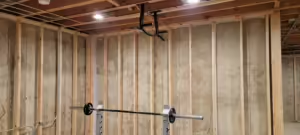
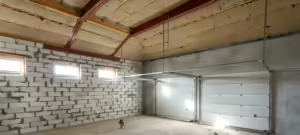
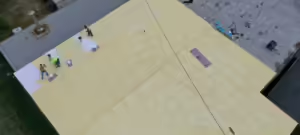
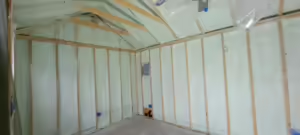
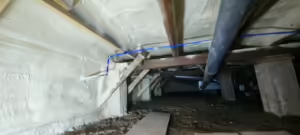
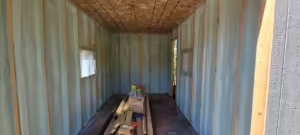
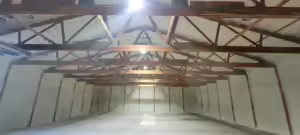
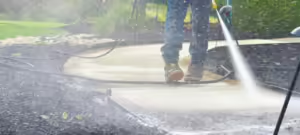
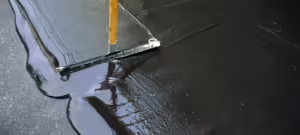
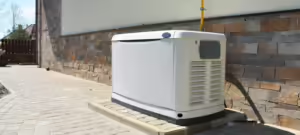
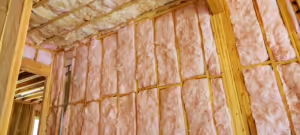
 Professional Insulation Services
Professional Insulation Services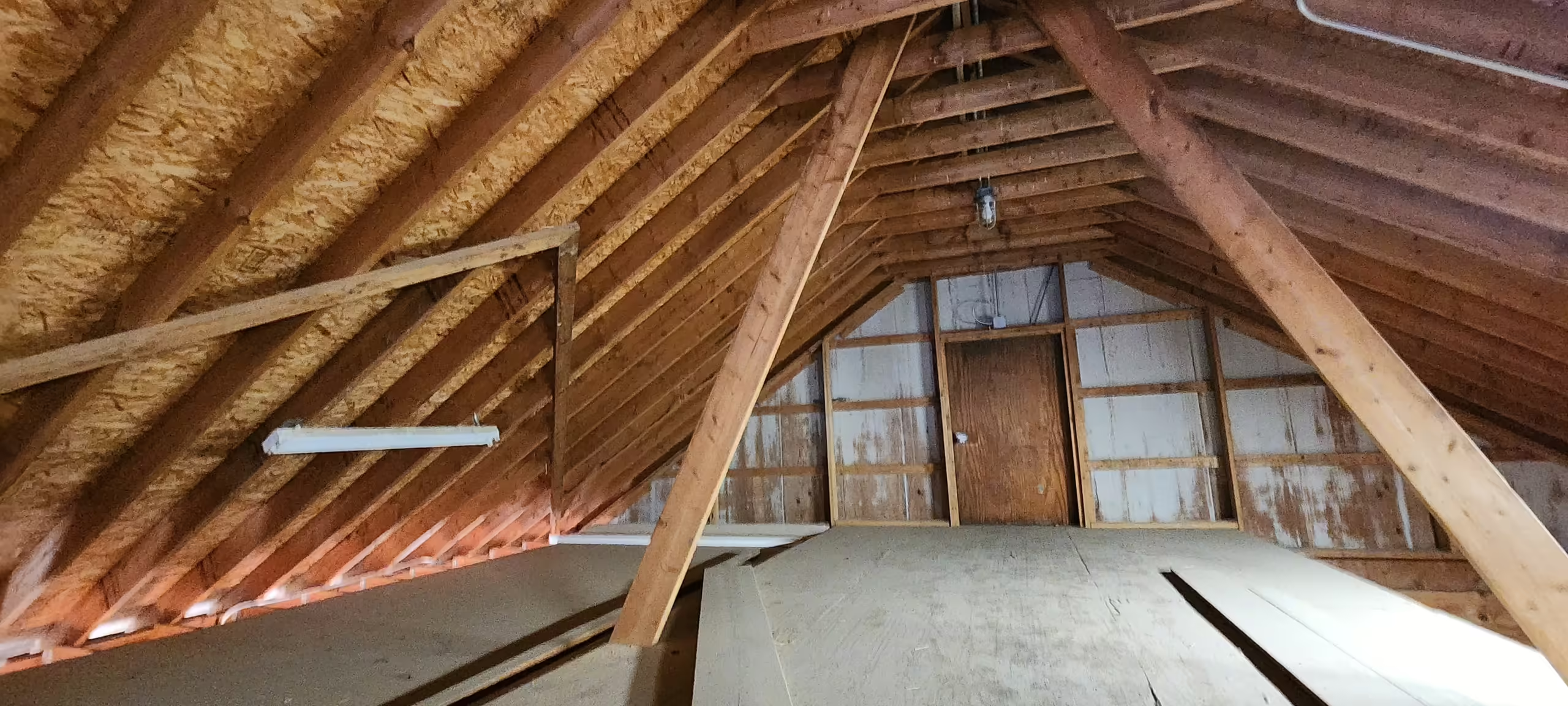 Attic Insulation Services
Attic Insulation Services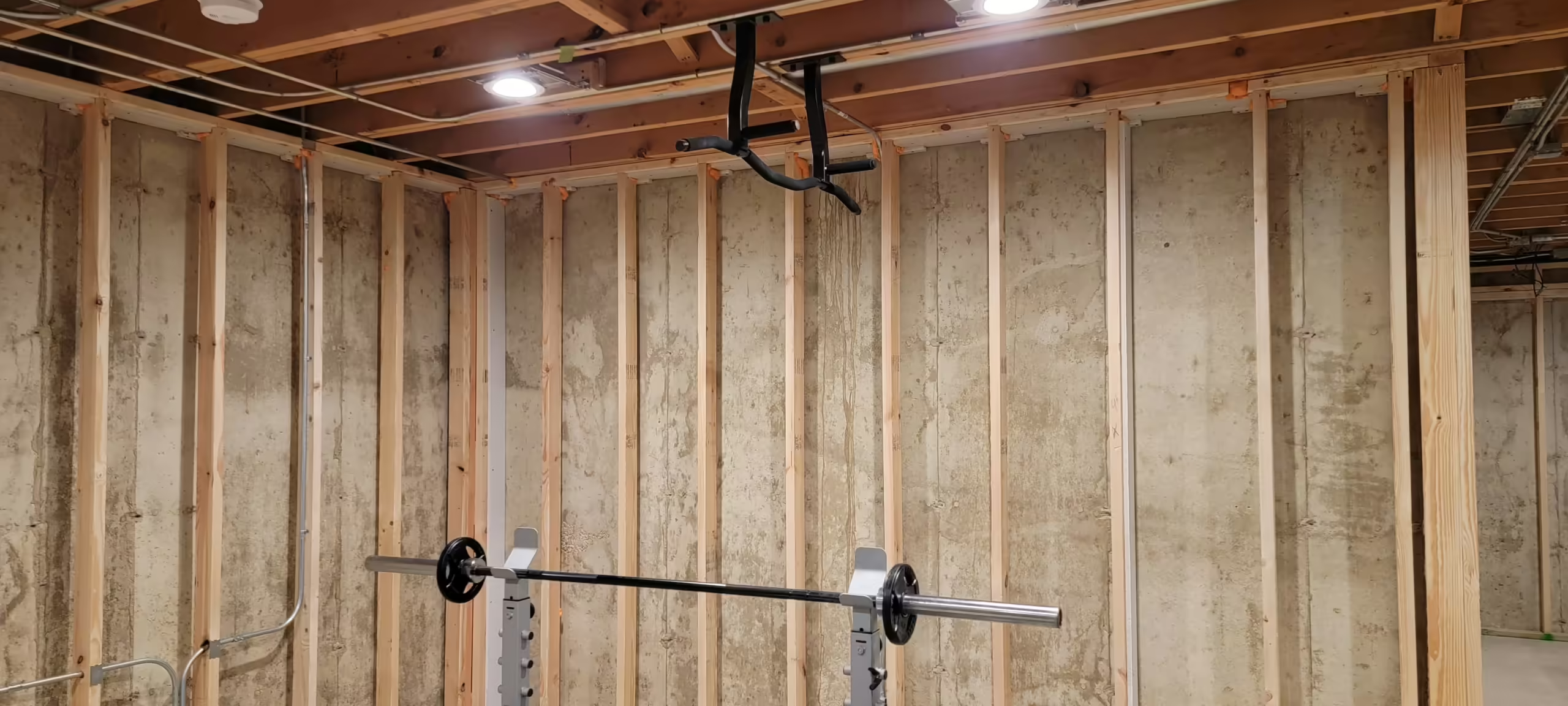 Basement Insulation
Basement Insulation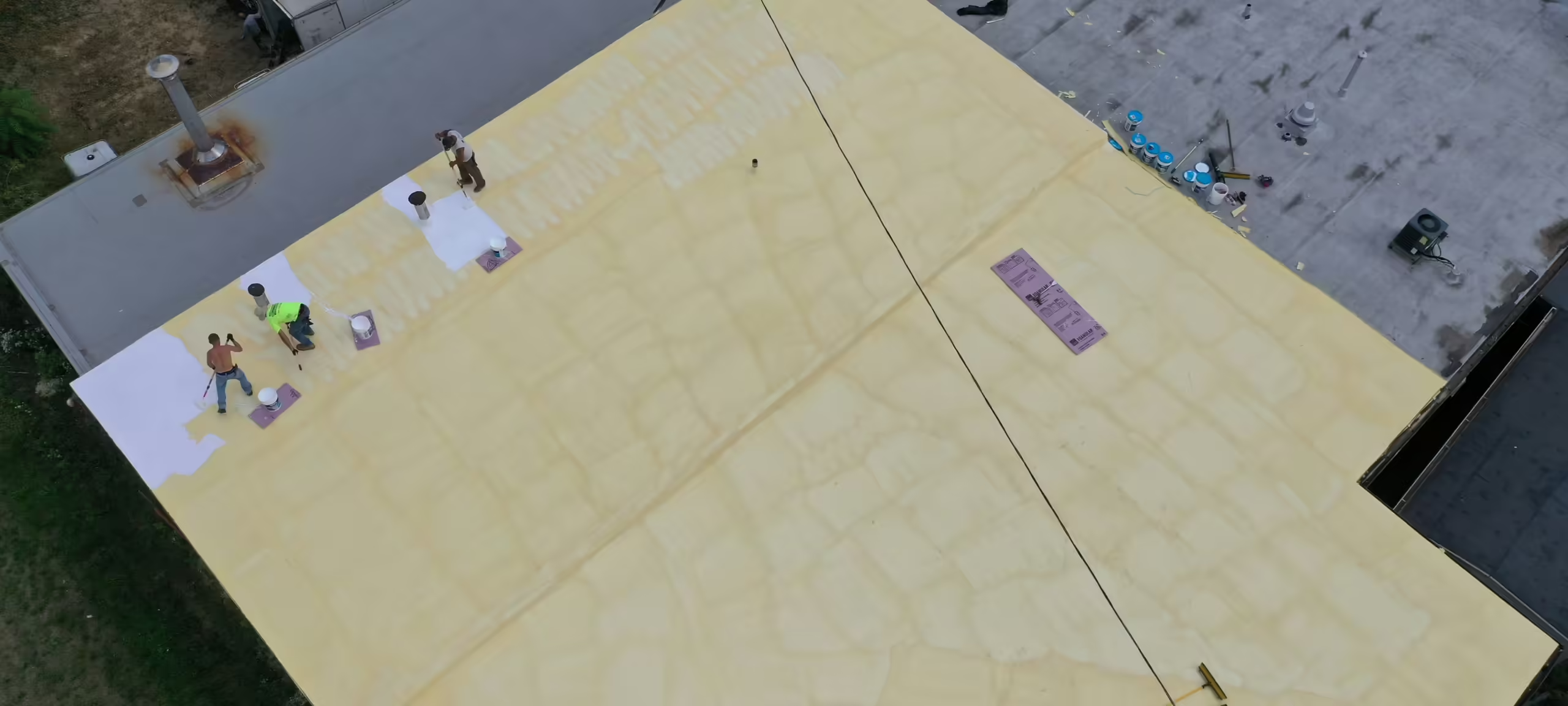 Commercial Insulation
Commercial Insulation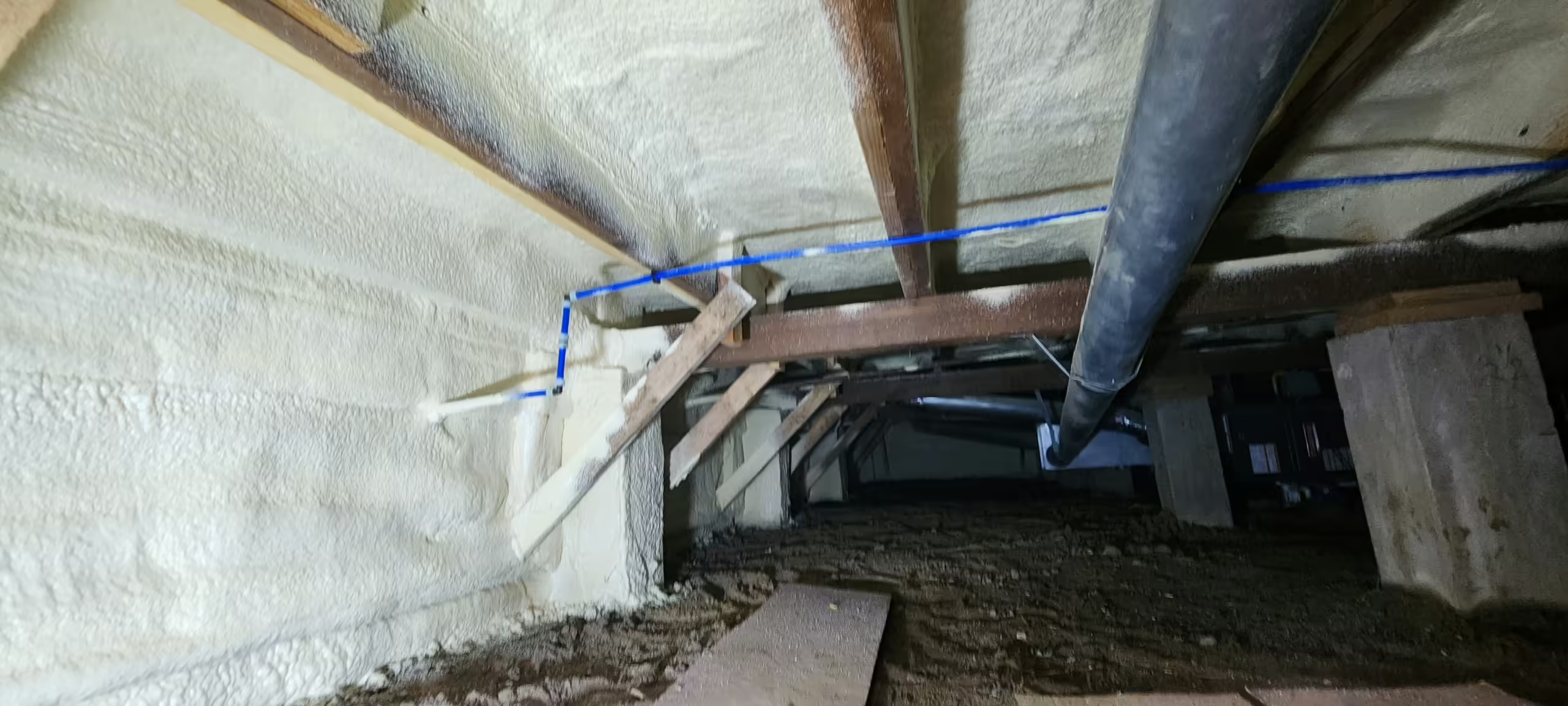 Crawl Space Insulation
Crawl Space Insulation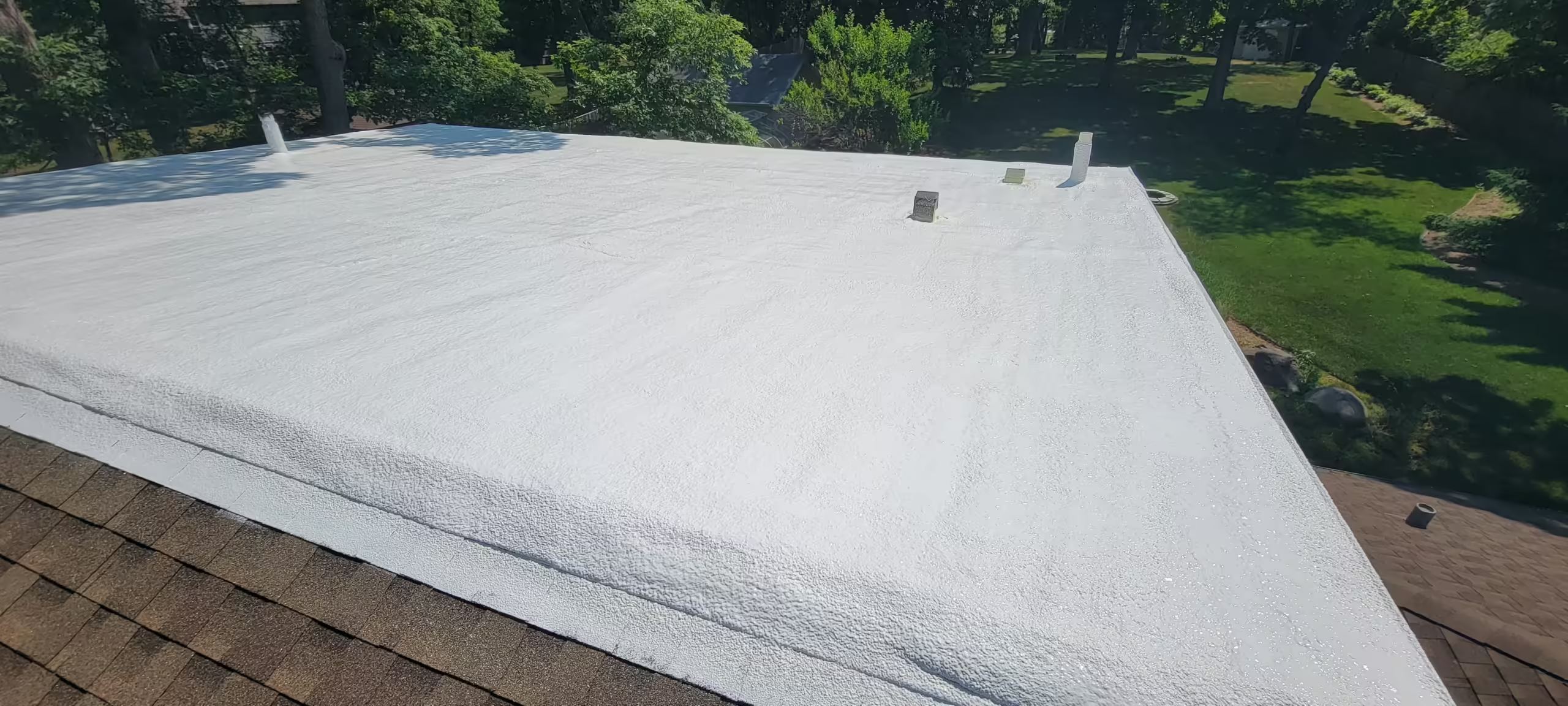 Exterior Wall Insulation
Exterior Wall Insulation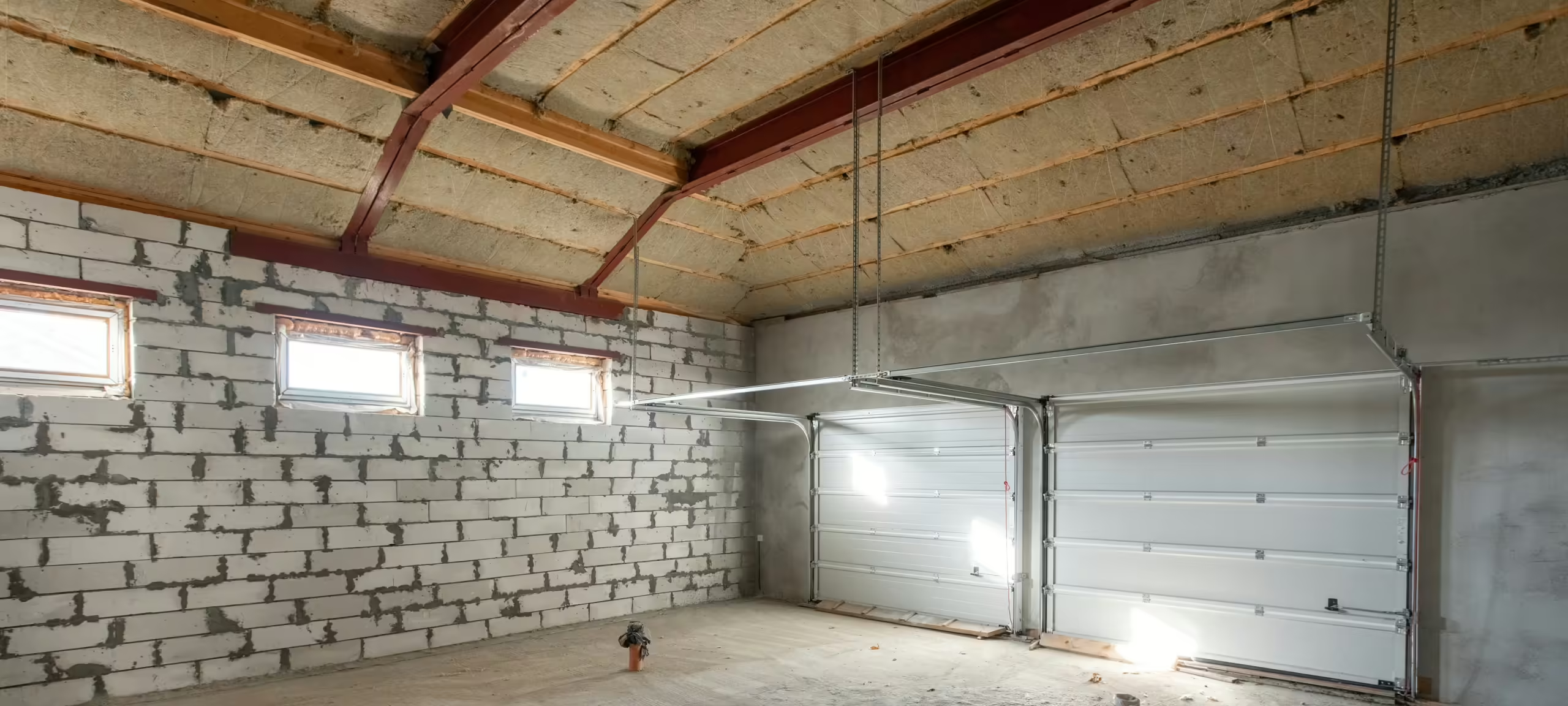 Garage Insulation
Garage Insulation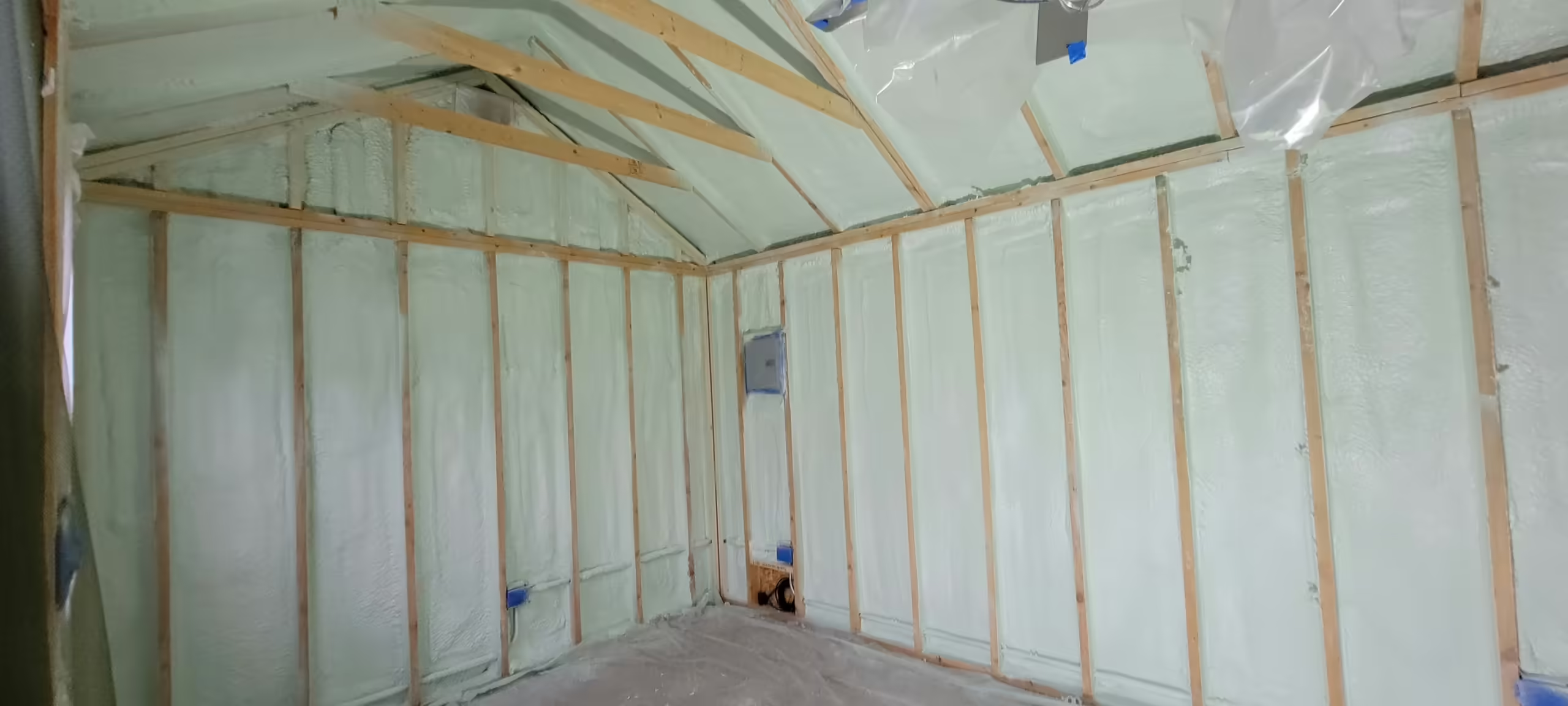 Interior Wall Insulation
Interior Wall Insulation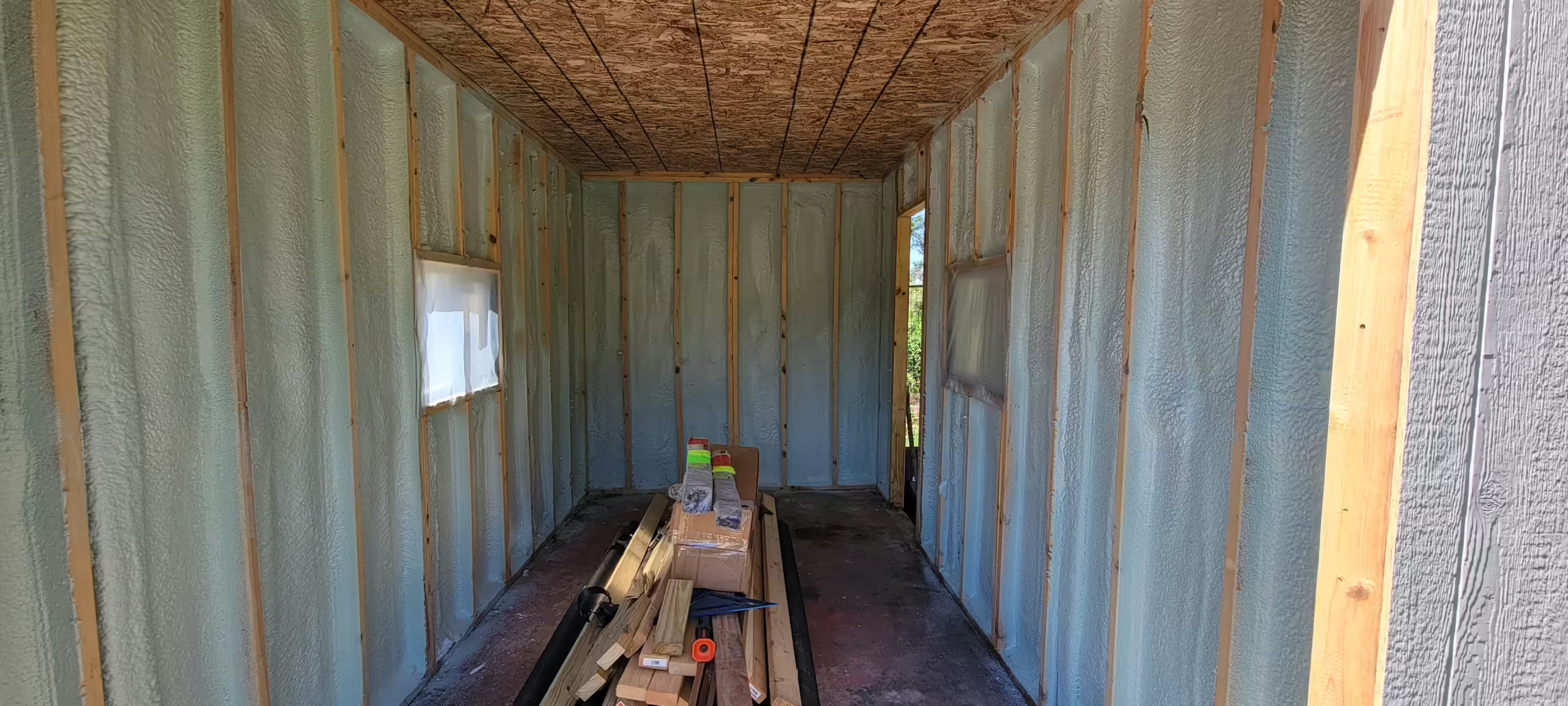 Shed Insulation
Shed Insulation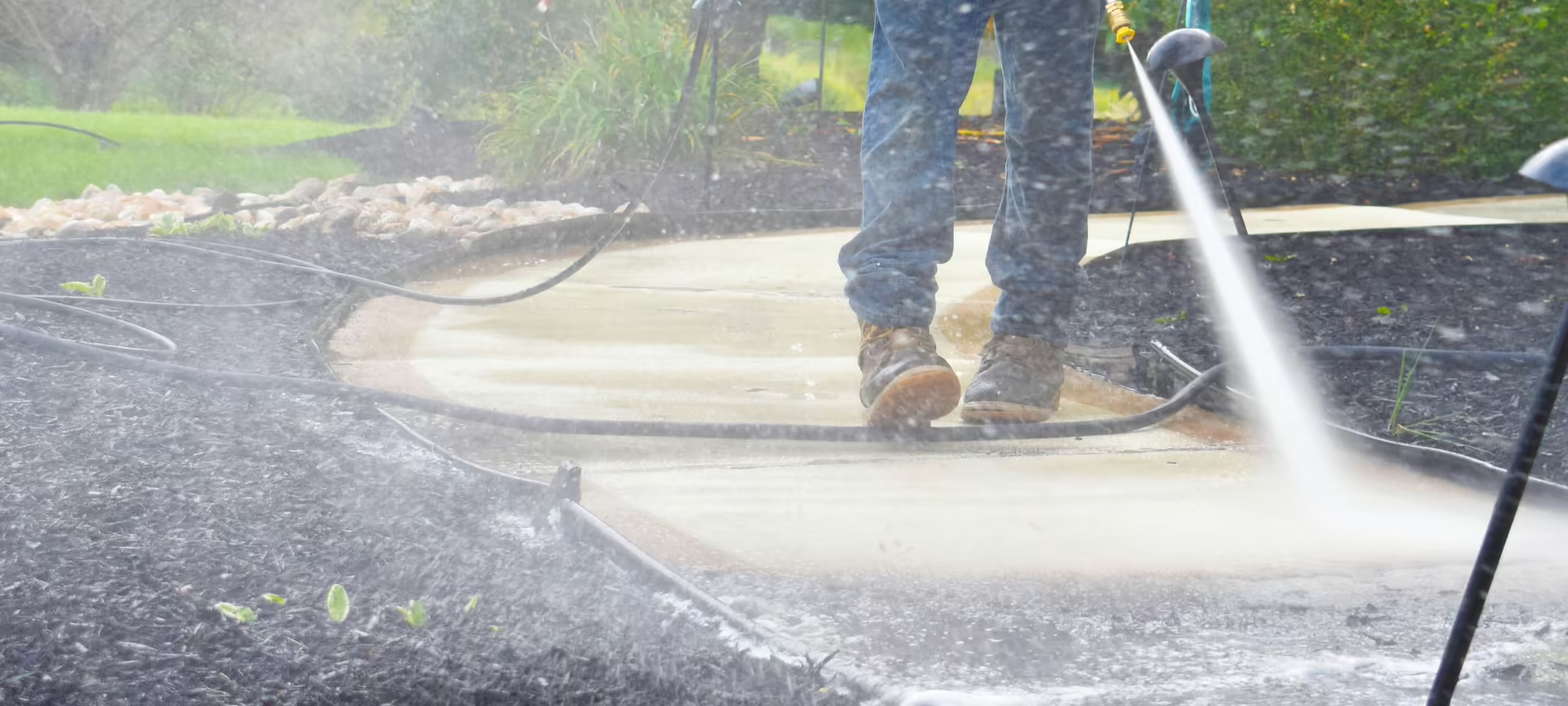 Power Washing
Power Washing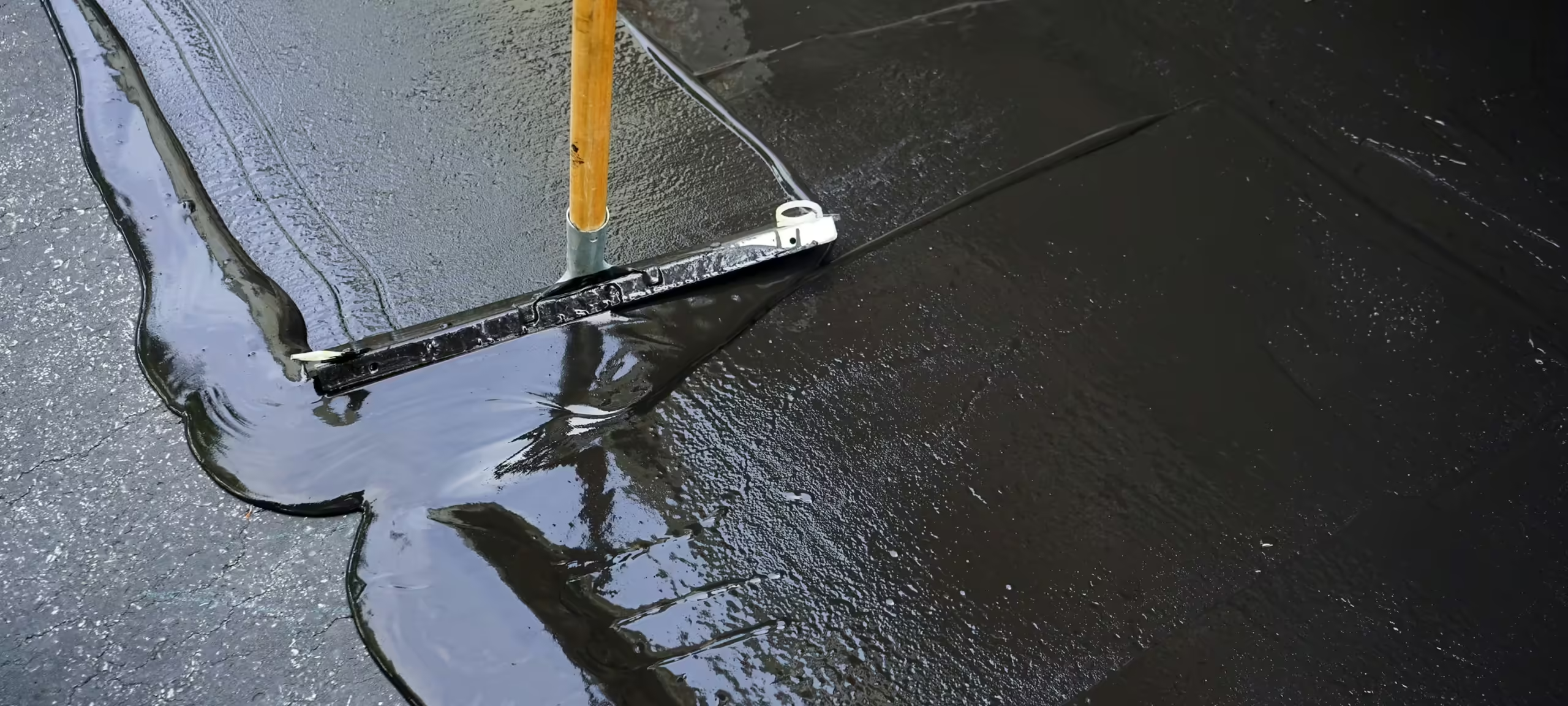 Sealcoating
Sealcoating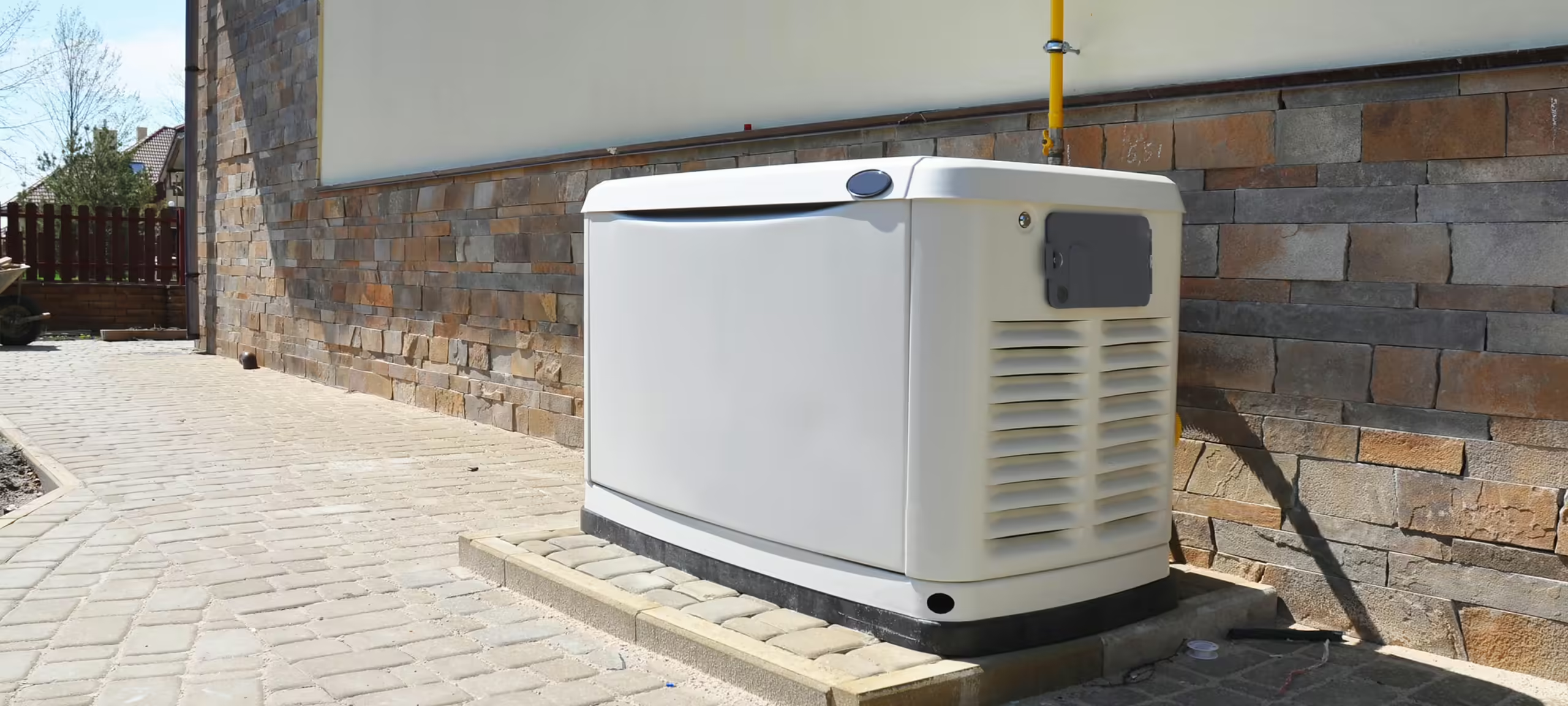 Backup Power Generators
Backup Power Generators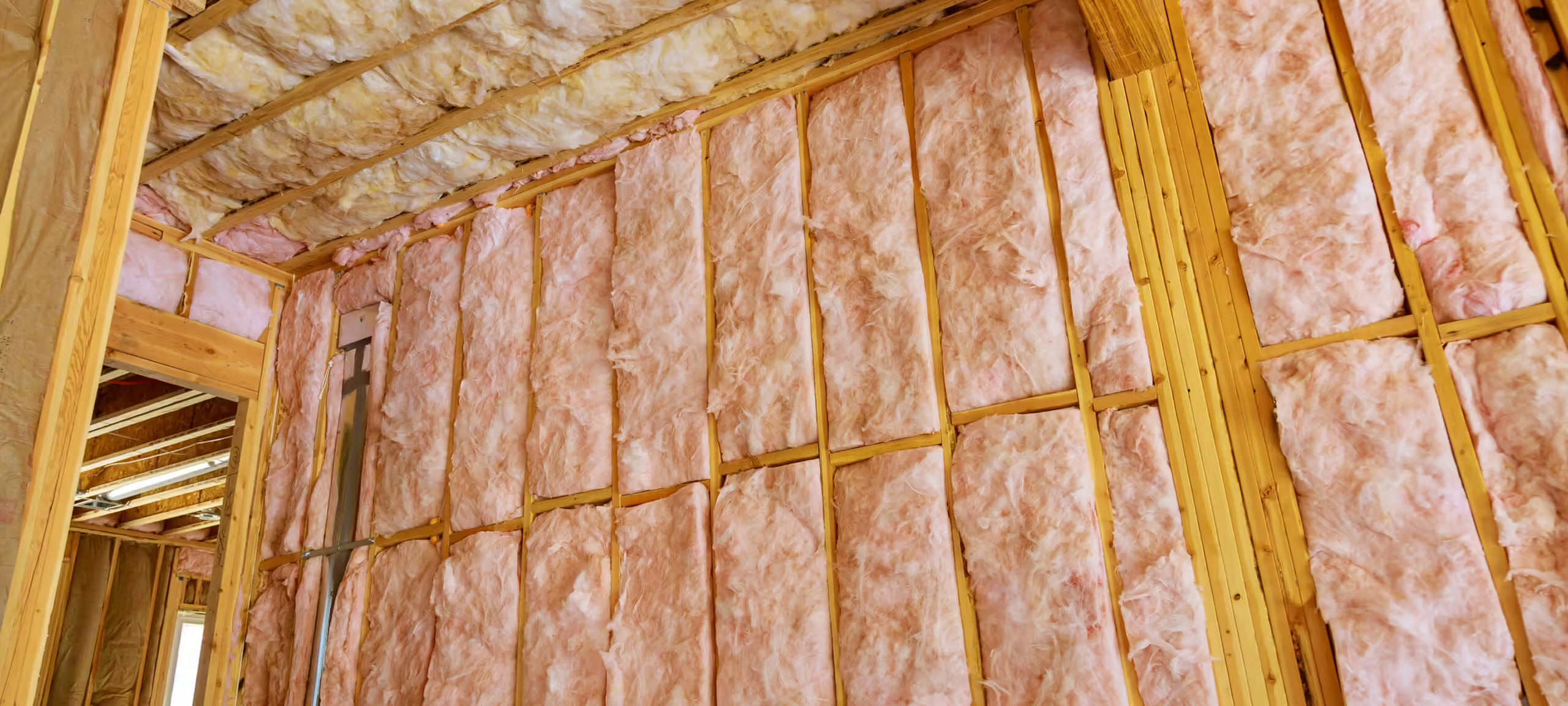 Insulation Removal Service
Insulation Removal Service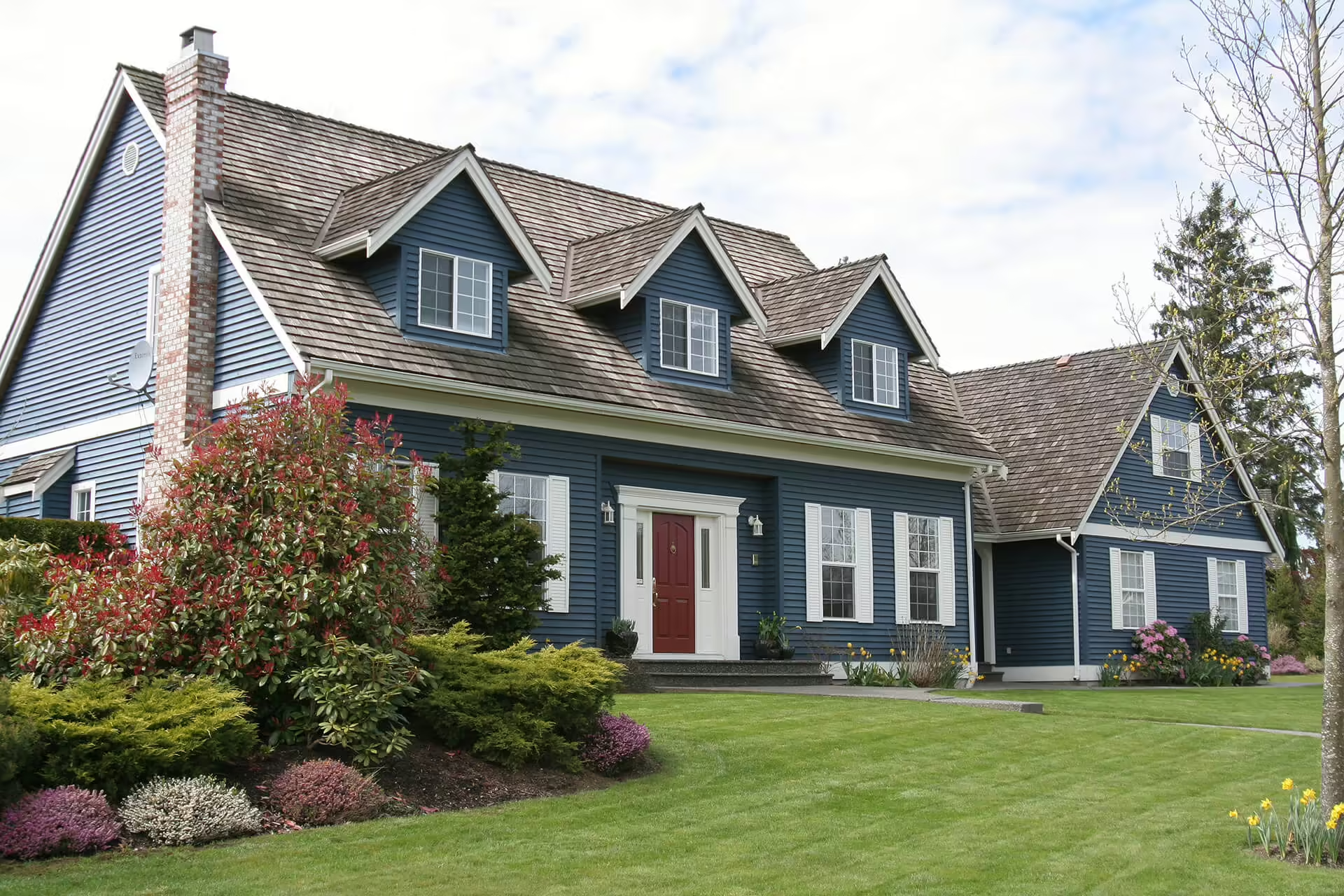 Lake County Insulation
Lake County Insulation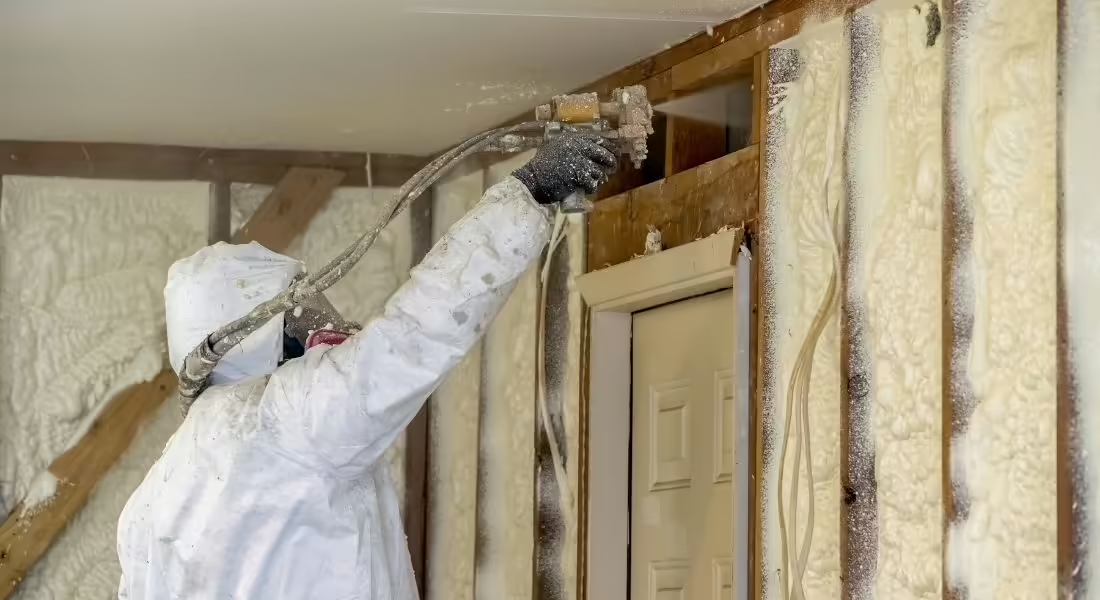 Spray Foam Insulation Guides
Spray Foam Insulation Guides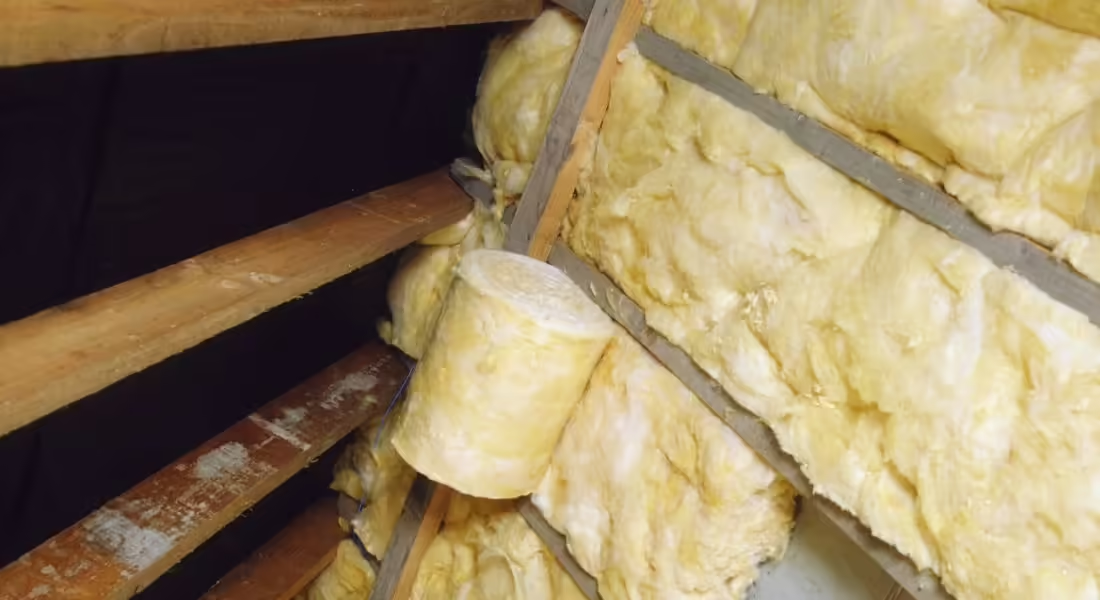 Insulation Guide
Insulation Guide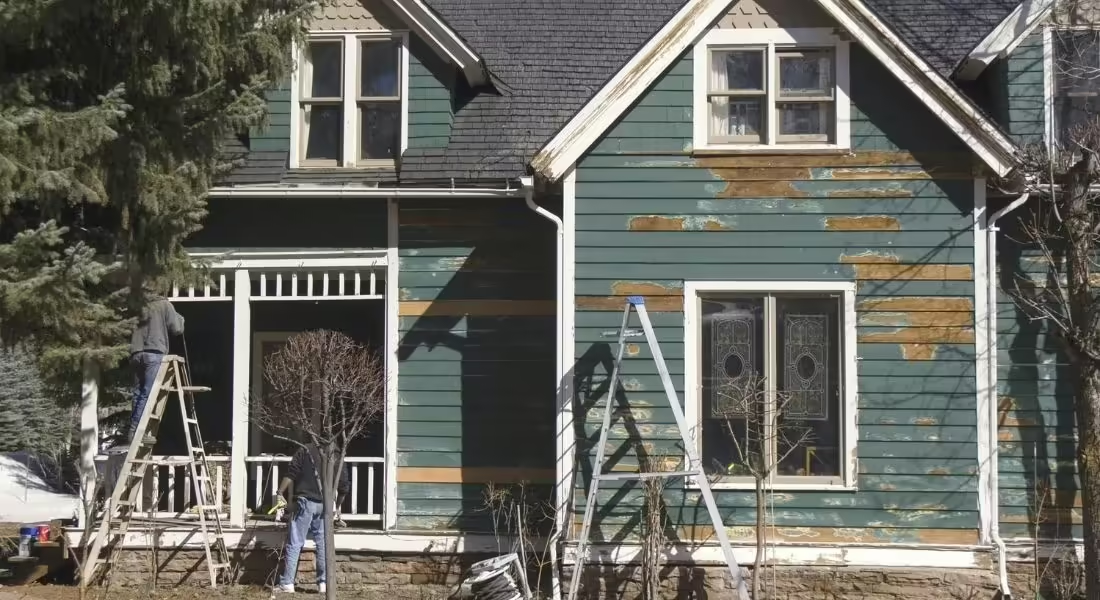 Home Improvement & Maintenance Guide
Home Improvement & Maintenance Guide